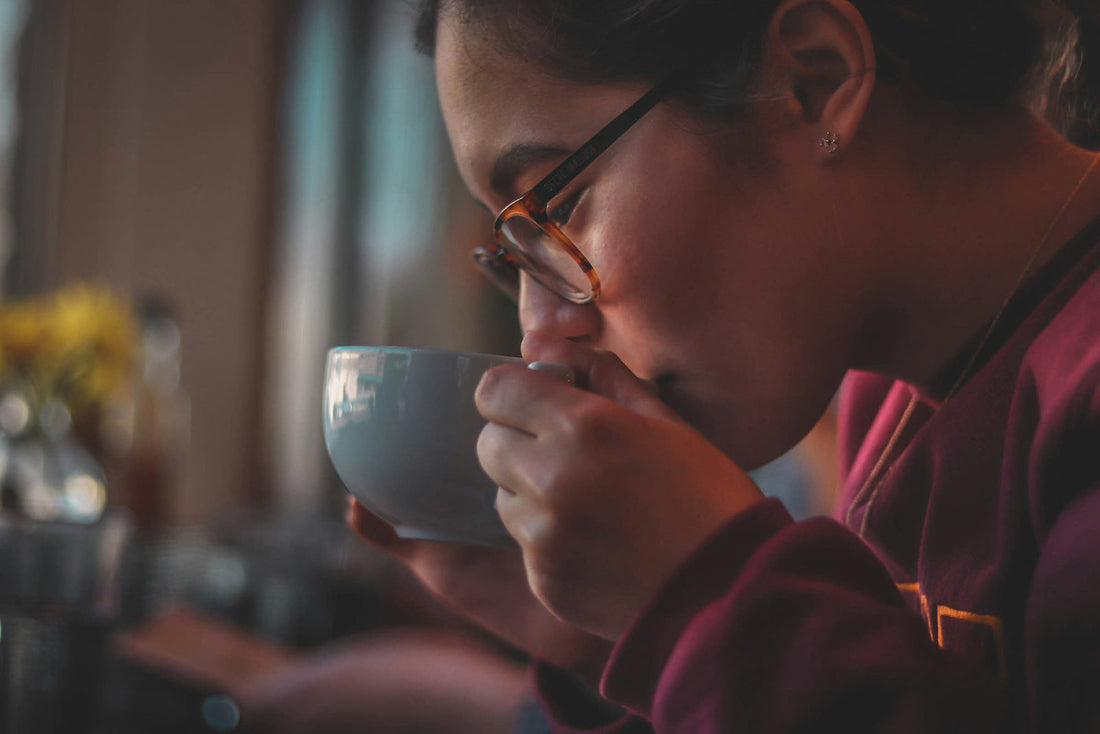
Why Does Decaf Taste Bad? Debunking the Decaf Coffee Myth
Share
Introduction: The Decaf Dilemma
Decaf coffee gets a bad rap. Coffee enthusiasts often claim it tastes "off," "flat," or just plain bad. But is this reputation justified, or is it an outdated myth? Let's explore why decaf has earned this reputation and uncover the truth about how it actually tastes.
The Origins of the Flavor Controversy
Historical Processing Methods
Older decaffeination methods, like the direct solvent process, involved harsh chemicals that stripped more than just caffeine—they also removed aromatic oils and flavors.
Poor Bean Quality
Historically, producers used lower-quality beans for decaf, assuming that consumers were more health-focused than flavor-focused. This practice contributed to decaf's reputation for mediocrity.
The Science Behind Decaf Coffee Flavor
What Happens During Decaffeination?
Decaffeination processes (Swiss Water, CO2, Ethyl Acetate) remove caffeine molecules, but they can also affect chlorogenic acids and other flavor compounds.
Roast Level Matters
Roasting decaf is trickier due to changes in bean structure post-decaffeination. A poorly roasted decaf can taste sour, woody, or papery.
Why Decaf Doesn’t Have to Taste Bad
Specialty Coffee's Decaf Revolution
With the rise of specialty coffee, roasters are investing in high-quality beans for decaf and refining roasting techniques specifically for these beans.
Better Decaffeination Methods
Modern methods like Swiss Water and CO2 retain more flavor integrity. These chemical-free techniques have helped elevate decaf’s flavor profile.
Consumer Demand and Innovation
As demand for decaf grows among younger, health-conscious consumers, coffee companies are responding with more care and innovation.
Top 5 Myths About Decaf Coffee
Myth 1: Decaf Tastes Bad by Nature
False. While decaf can taste different due to the decaffeination process, the flavor quality depends more on the bean quality and roast precision. Good decaf can taste just as satisfying as regular coffee.
Myth 2: Decaf Is Full of Chemicals
Not true. Many modern decaffeination methods, such as the Swiss Water Process, are chemical-free. Even those that use solvents do so under strict regulations and leave no harmful residue.
Myth 3: Decaf Has Zero Caffeine
Decaf is not caffeine-free—it typically contains 2–5 mg of caffeine per 8 oz cup. However, that’s significantly less than the 70–140 mg found in regular coffee.
Myth 4: Decaf Is Only for Older People or Pregnant Women
Decaf appeals to a broad range of people, including health-conscious millennials and night owls who enjoy coffee’s flavor without losing sleep.
Myth 5: Decaf Doesn’t Give You Any Health Benefits
Wrong. Decaf retains most of the antioxidants and nutrients found in regular coffee, offering similar health benefits without the jitters or disrupted sleep.
Tips to Find Great-Tasting Decaf
Look for Specialty Labels
Check for single-origin decaf, Swiss Water Process, and roasters known for quality.
Avoid Pre-Ground Decaf
Grinding fresh preserves aroma and flavor—this applies to decaf just as much as regular coffee.
Experiment with Brewing Methods
Methods like French press or pour-over can bring out subtler notes in decaf coffee.
Conclusion: Rewriting the Decaf Narrative
Decaf coffee has come a long way from its lackluster past. Thanks to advancements in processing, roasting, and consumer demand, decaf can be rich, aromatic, and deeply satisfying. So the next time someone says "decaf tastes bad," you'll know—that's just a myth.
FAQs
1. Does decaf coffee taste different from regular coffee?
Yes, but not necessarily worse. Differences in flavor come from the decaffeination process, but quality decaf can still taste great.
2. Is chemical decaffeination bad for health?
No. Even chemical methods use food-safe solvents that are thoroughly removed before roasting.
3. What is the best decaf process for flavor?
Many coffee professionals prefer the Swiss Water Process for its ability to preserve flavor.
4. Can I brew decaf using espresso machines?
Absolutely. Just make sure to use decaf beans that are roasted for espresso.
5. Why is decaf more expensive?
Decaffeination adds extra steps and costs, especially for high-quality beans and non-chemical methods.
